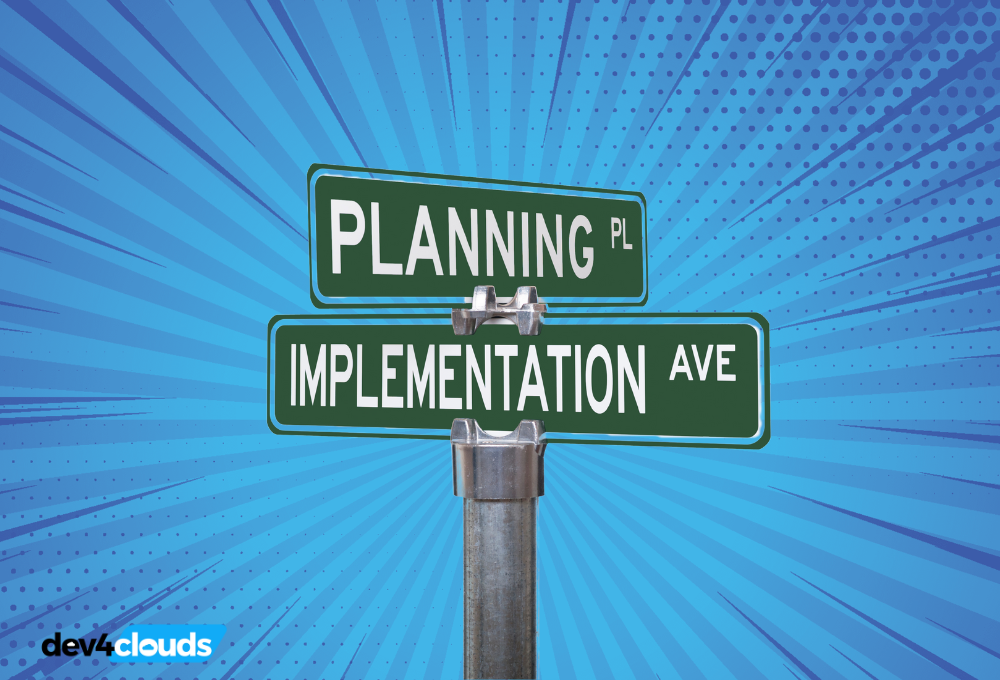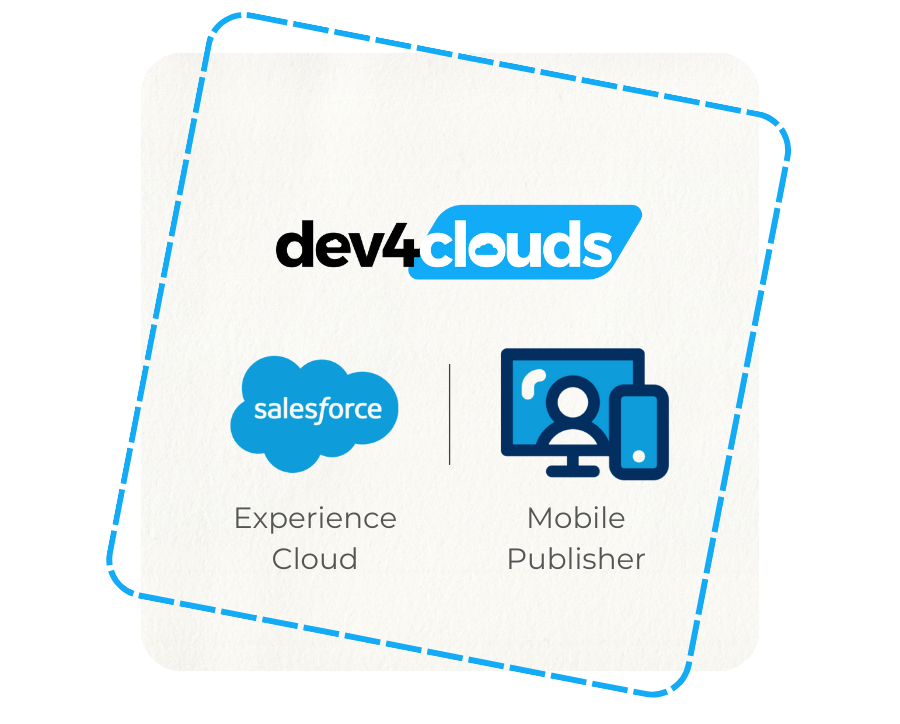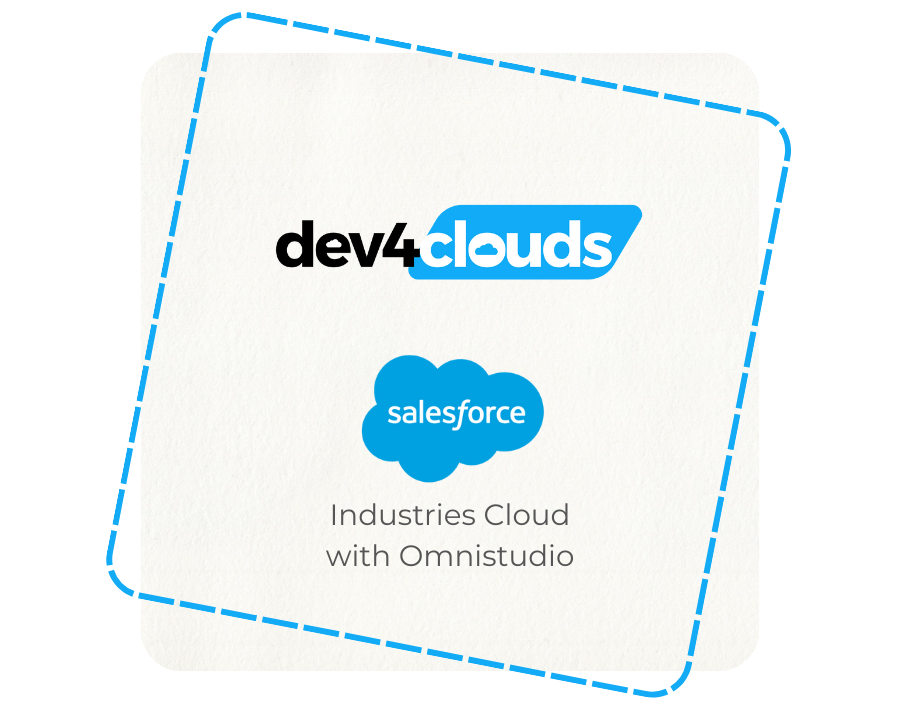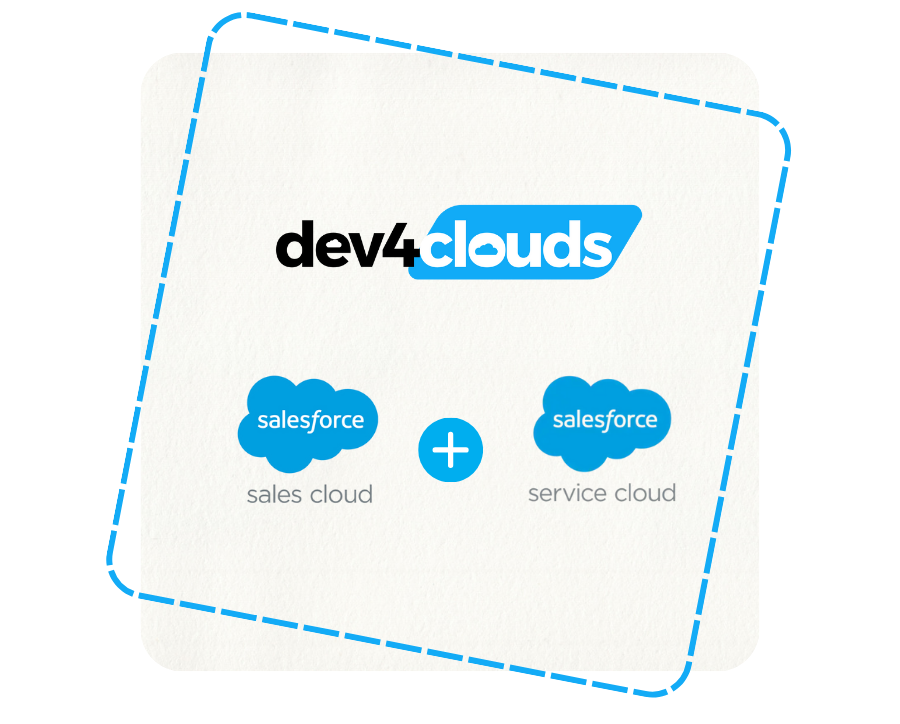Did you know that 60% of businesses experience delays and communication issues with traditional outsourcing vendors? The reliance on ad hoc solutions, inconsistent quality, and unclear costs often leads to frustration and inefficiency. However, there’s a better way—productized services.
In this blog, we’ll explore how transitioning to a productized Salesforce service model can help your business save time, reduce costs, and achieve consistent results. We’ll also guide you step-by-step on how to implement this transformation with Dev4Clouds, a leading provider of productized Salesforce consultancy.
The Limitations of Traditional Outsourcing and Freelancing
Traditional models of outsourcing and freelancing may seem flexible, but they come with significant drawbacks that can hinder business growth.
Inconsistency in Quality
- Skill levels and standards vary widely among freelancers and vendors.
- Lack of standardization often leads to unpredictable outcomes.
Communication Barriers
- Time zone differences can delay project updates.
- Vague or unclear expectations result in misaligned deliverables.
Scalability Challenges
- Traditional models struggle to adapt to growing or fluctuating demands.
- Businesses often need to onboard additional resources, which takes time and disrupts continuity.
Hidden Costs
- Frequent changes in project scope lead to unexpected charges.
- Delays in delivery can inflate budgets.
Why Transition to a Productized Salesforce Service Model?
Switching to a productized service model solves many challenges inherent in traditional approaches. Here’s why it works:
Standardization and Consistency
- Productized services follow predefined workflows and processes, ensuring consistent quality and predictable outcomes.
- At Dev4Clouds, we’ve standardized Salesforce packages for everything from implementation to ongoing support.
Predictable Pricing
- Fixed pricing eliminates the risk of hidden costs.
- Simplified budgeting allows businesses to plan confidently.
Scalability and Flexibility
- Productized services can easily scale to meet evolving business demands.
- Whether you’re a startup or an enterprise, Dev4Clouds has packages tailored to your needs.
Enhanced Support and Accountability
- Dedicated teams provide comprehensive support.
- Transparent service agreements ensure accountability at every step.
Step-by-Step Guide to Transitioning to Dev4Clouds’ Productized Salesforce Service
Ready to make the transition? Here’s how you can shift seamlessly to Dev4Clouds’ productized services.
Step 1: Assess Your Current Salesforce Needs and Challenges
- Identify Pain Points: Evaluate issues like inconsistent support, unpredictable costs, or delays with your current providers.
- Define Objectives: What do you want to achieve? Faster support? Cost savings? Improved scalability?
Step 2: Understand the Productized Service Offering
- Service Packages: Explore Dev4Clouds’ predefined packages:
- Basic Package: Ideal for startups needing essential Salesforce setup.
- Standard Package: Best for mid-sized businesses requiring regular support.
- Premium Package: Tailored for enterprises needing advanced customization and development.
- Value Proposition: Each package addresses specific pain points, ensuring a perfect fit for your needs.
Step 3: Select the Right Productized Service Package
- Match Services to Needs: Review your pain points and goals to identify the best package.
- Customization Options: While standardized, Dev4Clouds offers flexibility to accommodate unique requirements.
Step 4: Plan the Transition Process
- Transition Timeline: Set realistic timelines for switching to the productized model.
- Resource Allocation: Identify internal stakeholders to oversee the transition.
- Communication Strategy: Establish clear lines of communication with the Dev4Clouds team.
Step 5: Onboard with Dev4Clouds
- Initial Setup: Start with a discovery call to outline your goals and expectations.
- Account Integration: Dev4Clouds assists with system setup and integration, ensuring a smooth handoff.
Step 6: Implement and Integrate the Productized Services
- Service Activation: Your chosen package is deployed promptly.
- System Integration: Salesforce services are seamlessly integrated into your existing workflows.
Step 7: Monitor, Optimize, and Scale
- Performance Monitoring: Regular updates and reports ensure alignment with your objectives.
- Continuous Improvement: Feedback is used to fine-tune services for maximum value.
- Scalability: Expand your service package as your business grows.
Frequently Asked Questions (FAQs)
- What is a Productized Service?
A standardized service package offering fixed deliverables and pricing for predictable outcomes. - How does Dev4Clouds ensure quality and consistency?
Through predefined workflows, experienced consultants, and transparent processes. - Can I customize the service packages to fit my needs?
Yes, while the core services are standardized, customization options are available. - What is the typical timeline for transitioning?
Most transitions take 2-4 weeks, depending on the scope and complexity. - How does pricing compare to traditional outsourcing?
Productized services are more cost-effective, offering fixed pricing with no hidden costs.
Conclusion: Transform Your Salesforce Experience with Dev4Clouds
Transitioning to a productized Salesforce service model can revolutionize how you manage and scale your business. With Dev4Clouds, you’ll benefit from standardized processes, predictable pricing, and scalable solutions tailored to your needs.
Ready to transform your Salesforce journey?
Contact Dev4Clouds today for a free consultation. Discover how our productized services can save you time, reduce costs, and streamline your operations.









